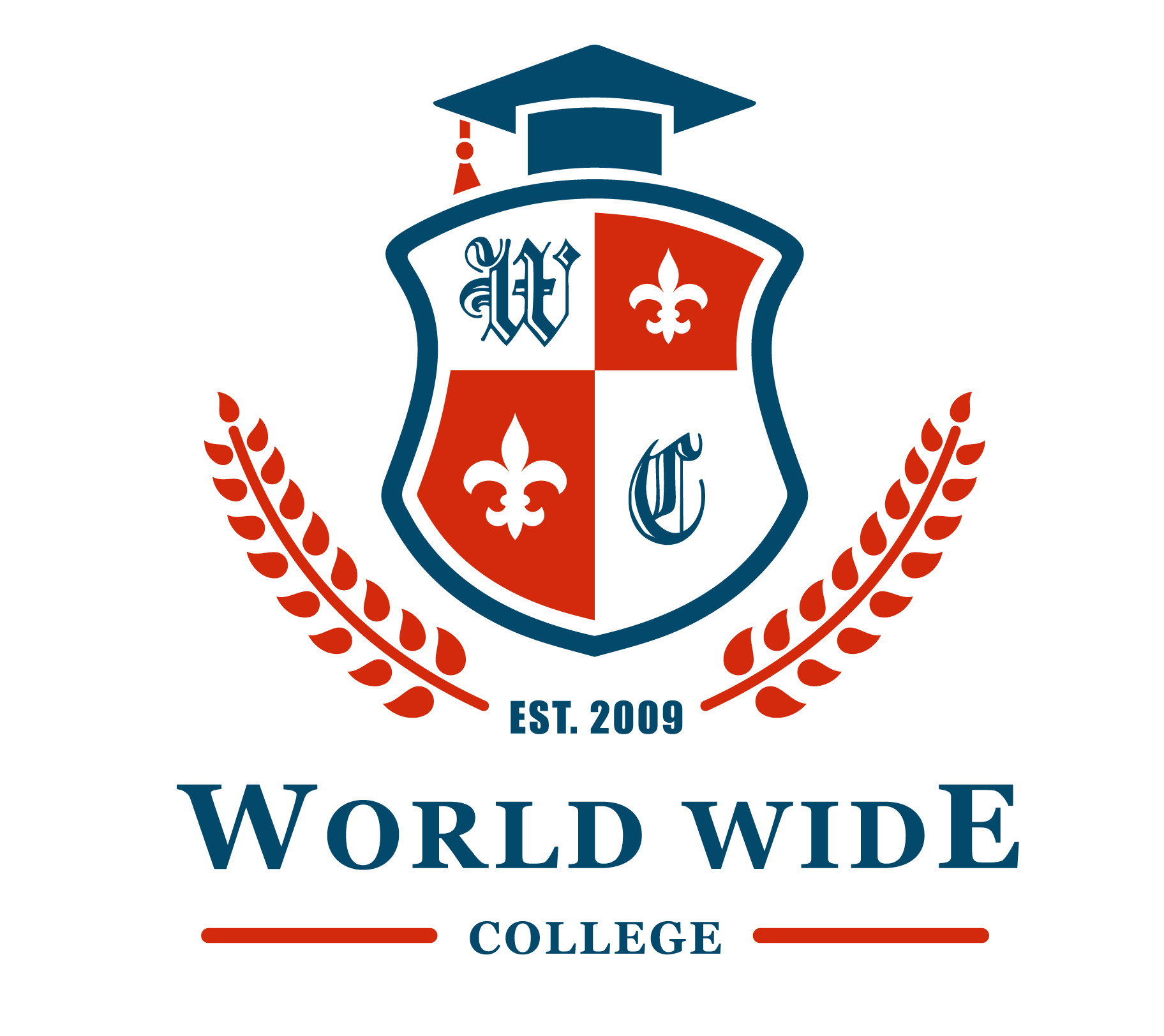Romania
Skill Shortages in Romania

As an international student in Romania, know that you do not require a working permit, as long as you hold a residence permit for studying in the country.Non-EU students are allowed to work 4 hours/day, without the need to apply for a separate working permit. If you like to work more than 4 hours/day, you should apply for a work permit. For details regarding the procedure, please access the General Inspectorate for Immigration (http://igi.mai.gov.ro/en/content/access-labor-market). EU, EEA and Swiss students are not bound by any limits to the number of working hours, though it is not recommended to work full time during your studies.
In Romania it is quite common for students to have part time jobs. Create your resume and motivational cover letter and you may start searching on dedicated web portals or through the university information centre.
Part time
Foreign students often chose this option due to flexible schedule.
Most accessed companies are outsourcing companies/Call Centres that need employees with different linguistic skills including fluency in French, German, Italian, English etc.
Once you find a job, it is recommended to settle all the formalities with your employer, such as the working contract, the number of holiday days you are entitled to, your insurance coverage and your tax regime.
Internship
Internships are a common way of accumulating work experience, and are supported by an extensive ”Law on internships”, initiated by students themselves via their unions.
- the Internship Program initiated by the Government of Romania. If you have Romanian citizenship and your age is up to 25 years, you are eligible to apply. More details regarding eligibility are available at http://internship.gov.ro/
- universities and student associations are able to help you find internship
- internships at http://internshipul.ro/ or by access the recruiting online websites mentioned in the How to find a job section.
Volunteer
In Romania there is a large number of NGOs (nongovernmental organizations/associations/foundations) with activity covering all arias: education, sustainable development, disabilities, environment etc.
These organisations always need volunteers to develop their activities and be useful to the community. It can be a great way to meet friends, get some hands on work experience and give back to the community. They are also a valuable opportunity to make local friends, network and rediscover your own passions.
Read more:
- General Inspectorate for Immigration – working in Romania
- To see a list of NGO’s and find out where you can volunteer, please access: http://doilasuta.ro/content/index.php/baza-de-date/lista-organizatiilor-inscrise.
URL: https://studyinromania.gov.ro/Working_in_Romania
Back





